If you’ve decided that a Rogue is the class for you, you’re someone who wants to be sneaky and cunning. Rogues are especially known for their stealth, sneak attack, lock-picking, and trap disarming. By choosing Rogue, you luckily won’t have quite as many painstaking decisions as others on your way to creating the best Rogue build possible.
There are a couple of different ways to approach playing a Rogue, but unlike spell casters that have an abundance of options, you don’t need to fret about any information overloads while playing a Rogue. In this guide, I’ll walk you through some of the basic decisions I made while creating a Rogue and give insight into some powerful alternatives.
Best Rogue races, backgrounds, and ability scores in Baldur’s Gate 3
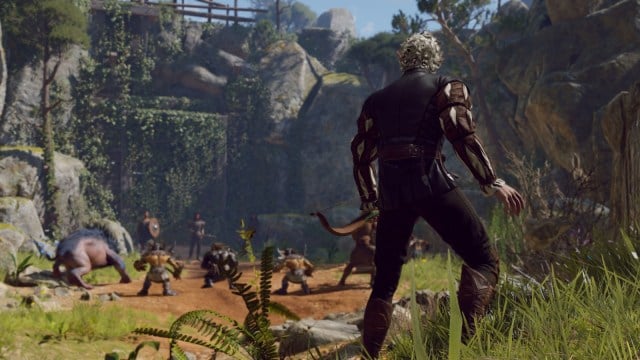
Character creation will present you with your biggest decisions, and it will effectively be the only decision you make until picking a subclass at level three.
Rogue Pros and Cons
| Pros | Cons |
|---|---|
| High critical chance | Weak defense |
| Powerful sneak attacks | Not self-sufficient |
| Double Bonus Action | Needs to have advantage |
Best Race for Rogue in BG3
Selecting a race that provides added stealth and/or added movement speed is critical:
- Wood Elf: Increased movement speed
- Duergar: Learns Invisibility as a race spell
- Deep Gnome: Advantages on stealth rolls
- Half-Wood Elf: Comes with Stealth and increased movement speed
- Lightfoot Halfling: Has the Lucky passive which allows rerolls when rolling a 1
Related: Baldur’s Gate 3: Best races and ability scores for Rogue class in BG3
Best Background for Rogue in BG3
Having Stealth, Sleight of Hand, and/or Deception synergizes well with your class and race. This leaves you with three popular background options that can all be considered the best available for Rogues:
- Charlatan: Sleight of Hand, Deception
- Criminal: Deception, Stealth
- Urchin: Sleight of Hand, Stealth
I went with Urchin for strictly personal reasons, but it’s arguable that Urchin is your strongest possible option. I wasn’t as keen on making Deception a prominent part of my character from a role-play perspective, so that made Urchin the clear choice for me.
As far as ability score is concerned, sticking with what the game recommends will do you just fine, but I decided to add a little bit of flavor to my Rogue build. Dexterity will be your primary ability no matter what, and you’ll want to jam as much into that as possible until you hit 20. Afterward, Constitution is important, and Intelligence is a saving throw for you.
Recommended ability scores for Rogue in BG3
Here’s what the game recommends for you, which is perfectly serviceable:
- Strength: 8
- Dexterity: 17
- Constitution: 14
- Intelligence: 13
- Wisdom: 13
- Charisma: 10
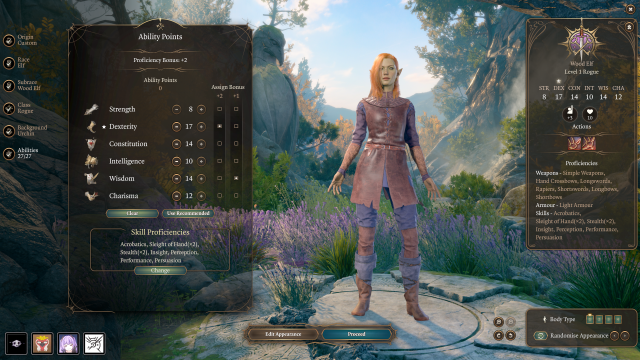
I decided to mix it up a little bit, though. Looking at some of the benefits that Charisma provides to Insight, Perception, and Persuasion, I decided to take some points out of Intelligence and focus on Charisma instead. This has provided my gaming experience with a lot more fun and interesting dialogue opportunities along my journey.
If you’re looking to min-max your combat and saving throws, Intelligence is likely the optimal choice. But with much of the game being predicated around your interactions and dialogue with others, I’ve found that Charisma is an outstanding ability score to give a slight boost to. Here’s how my Rogue builds shook out:
- Strength: 8
- Dexterity: 17
- Constitution: 14
- Intelligence: 10
- Wisdom: 14
- Charisma: 12
Base Rogue class proficiencies:
When choosing a class such as Rogue, it is important to know certain mechanics that are associated with it in order to keep improving in specific abilities and items in your playthrough. Here are the listed proficiencies for Rogue:
- Primary Ability: Dexterity
- Secondary Ability: Intelligence
- Armour Proficiencies: Light Armour
- Weapon Proficiencies: Hand Crossbow, Longsword, Rapier, Shortsword
- Sneak Attack: (Melee/Ranged): Deal extra damage when having the advantage
- Bonus Actions: Double bonus action points
Best Rogue subclass and build in Baldur’s Gate 3
There are three Rogue subclasses: Thief, Arcane Trickster, and Assassin. I selected Thief for both of my Rogues and that appears to be the most popular and powerful choice because of the Fast Hands feature.
By selecting Thief, Rogue players can perform one extra bonus action. This is critical during combat sequences as a Rogue player. Oftentimes, your turn during combat will involve you moving out of line-of-sight of your enemy, at which point you can attempt to perform Hide. Once you’ve successfully hidden, you can then Sneak Attack your enemy with advantage.
Related: Baldur’s Gate 3: All BG3 companion locations – where to find all party members
Having an extra bonus action gives Rogues a stronger ability to effectively Hide and gain the advantage that they need in combat to strike enemies with especially powerful blows.
After picking your subclass, you will also need to choose a feat at level four. For Rogue, as is the case with most classes, you’ll want to select Ability Improvements for the extra ability score. This will help you get your Dexterity to 20 as quickly as possible for maximum stealth and other Rogue-like activities.
In general, the strongest options for playing a Rogue in Baldur’s Gate 3 will be to focus on hiding whenever you have the opportunity to gain an advantage and capitalize on your stealthy ways to hit enemies with both melee and ranged sneak attacks. As long as you keep that in mind while you’re leveling up, the choices you make along the way should be fairly simple.
Others Asked
What are the recommended ability scores for Paladins in Baldur's Gate 3?
The recommended ability scores for Paladins in Baldur's Gate 3 are Strength: 16, Dexterity: 10, Constitution: 14, Wisdom: 10, Charisma: 16, and Intelligence: 8.
Which characters are recommended for a stealth-oriented party in Baldur's Gate 3 if you're not playing as a Rogue?
If you're not a Rogue, it is recommended to include Astarion (Rogue), Shadowheart (Cleric), Karlach (Barbarian) or another fighting class main character, and Gale (Wizard) or your spell-casting main character in a stealth-oriented party.
What are the recommended ability scores to focus on for Lae'zel's build in Baldur's Gate 3?
For Lae'zel's build, it is recommended to focus on Strength, Constitution, and Dexterity. She has a base Strength score of 17 and a Constitution score of 15, which can be enhanced further.





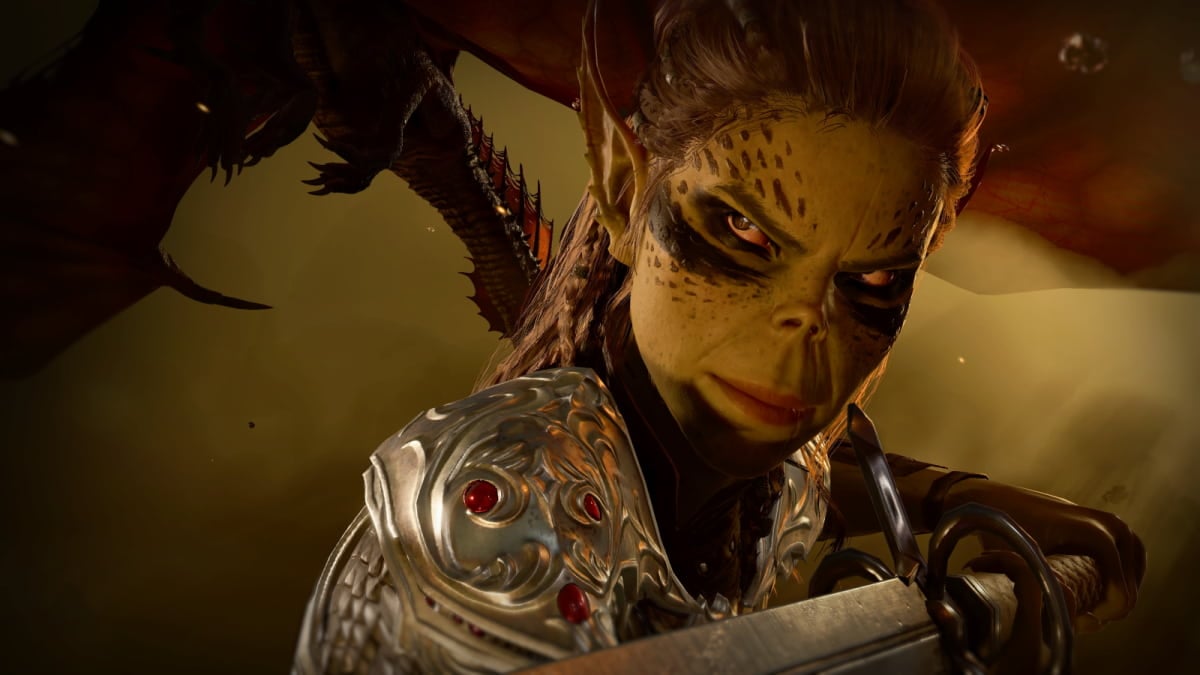
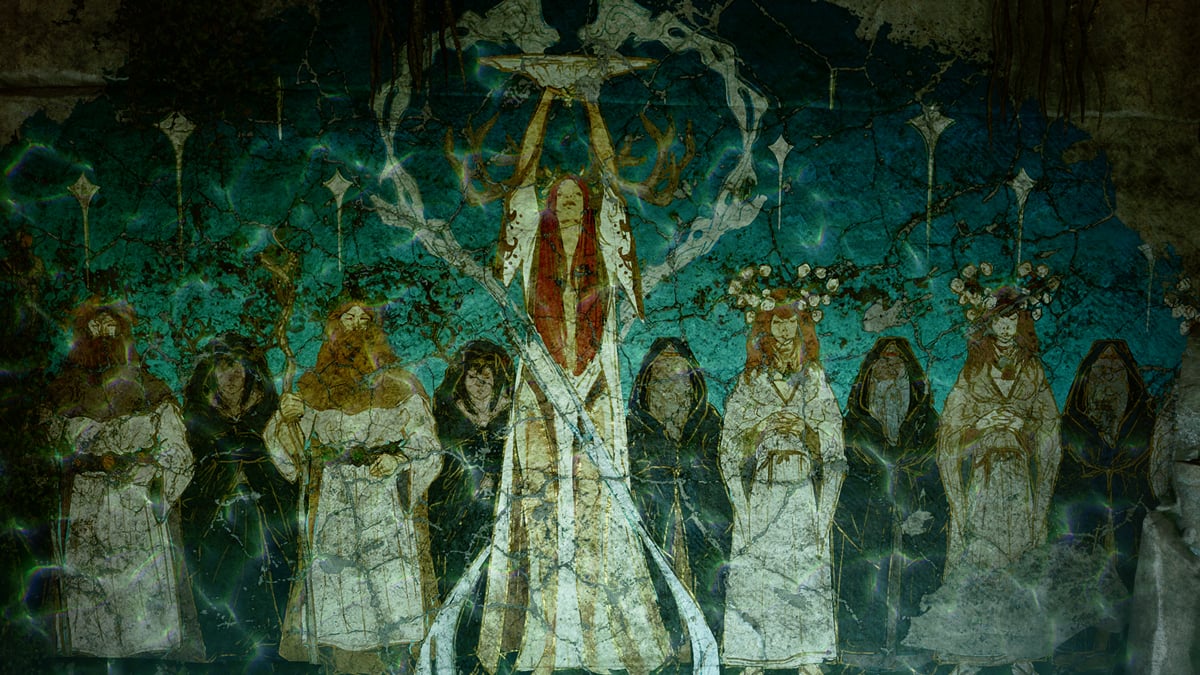
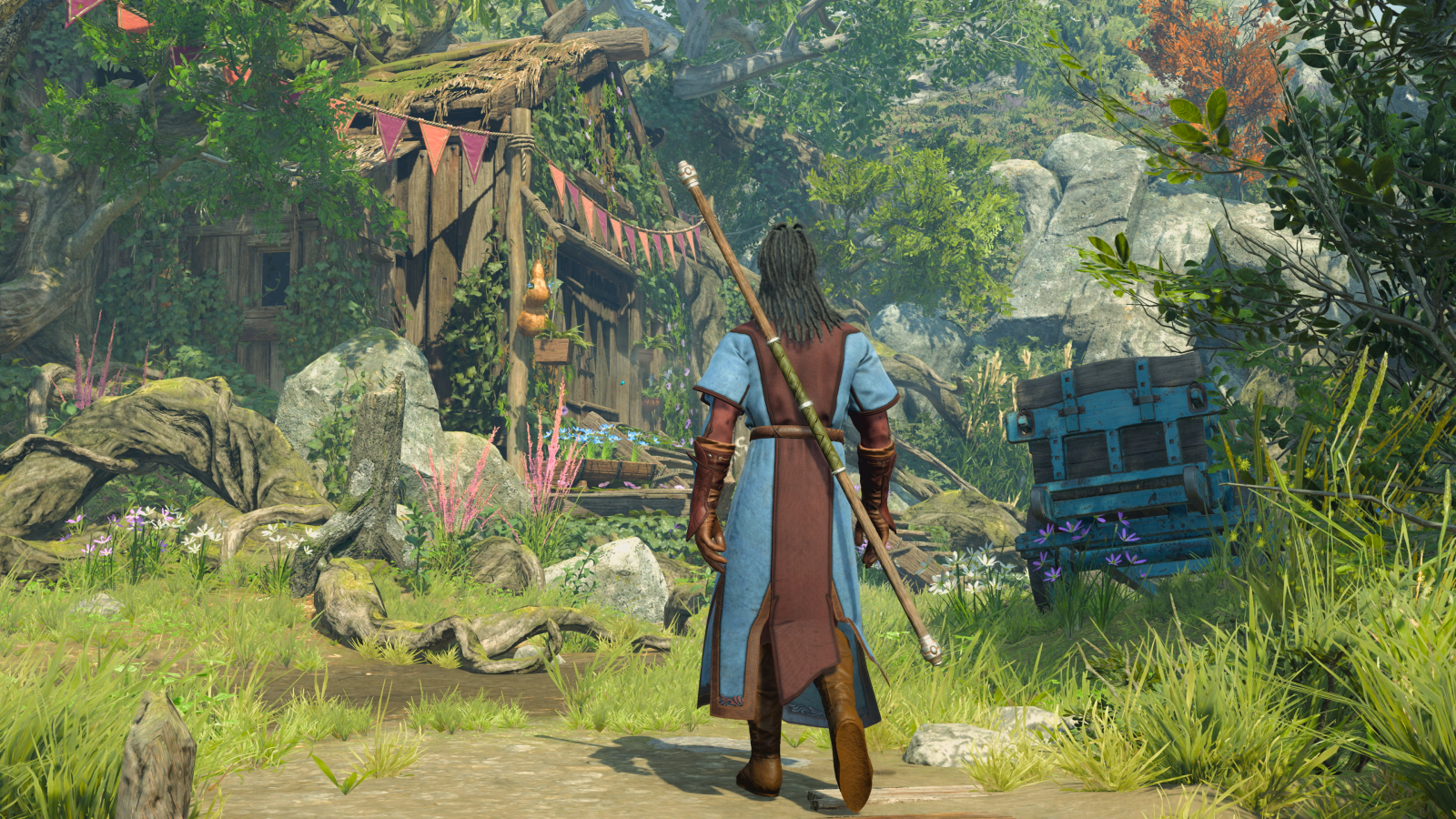



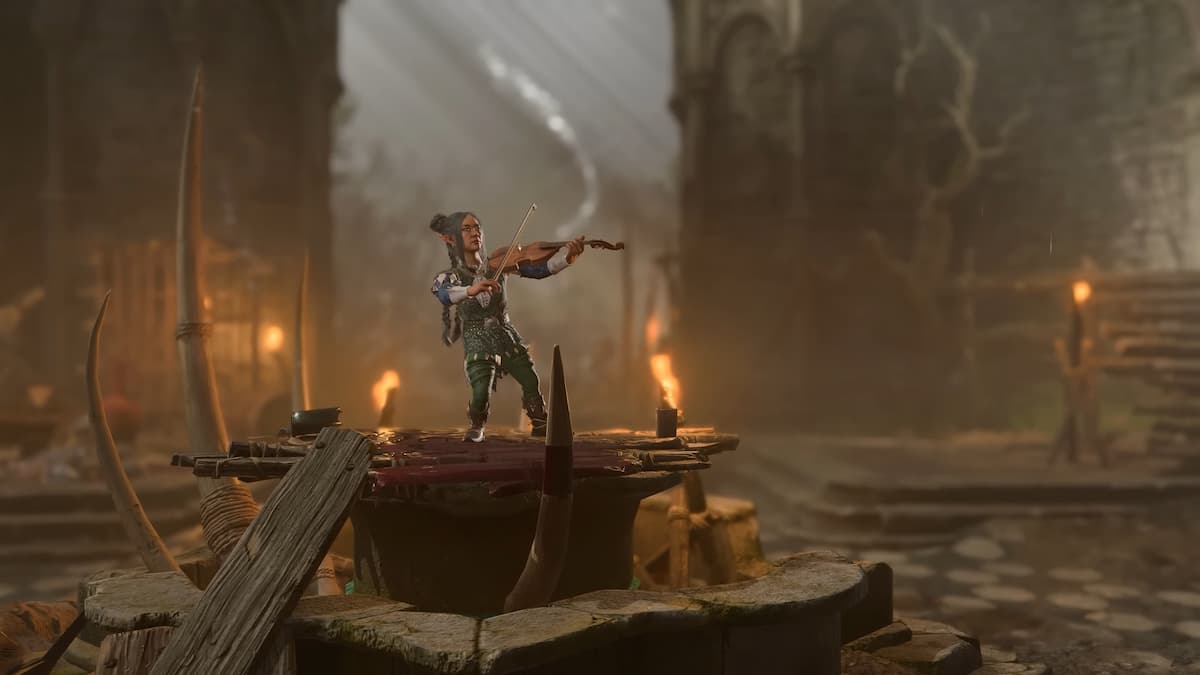

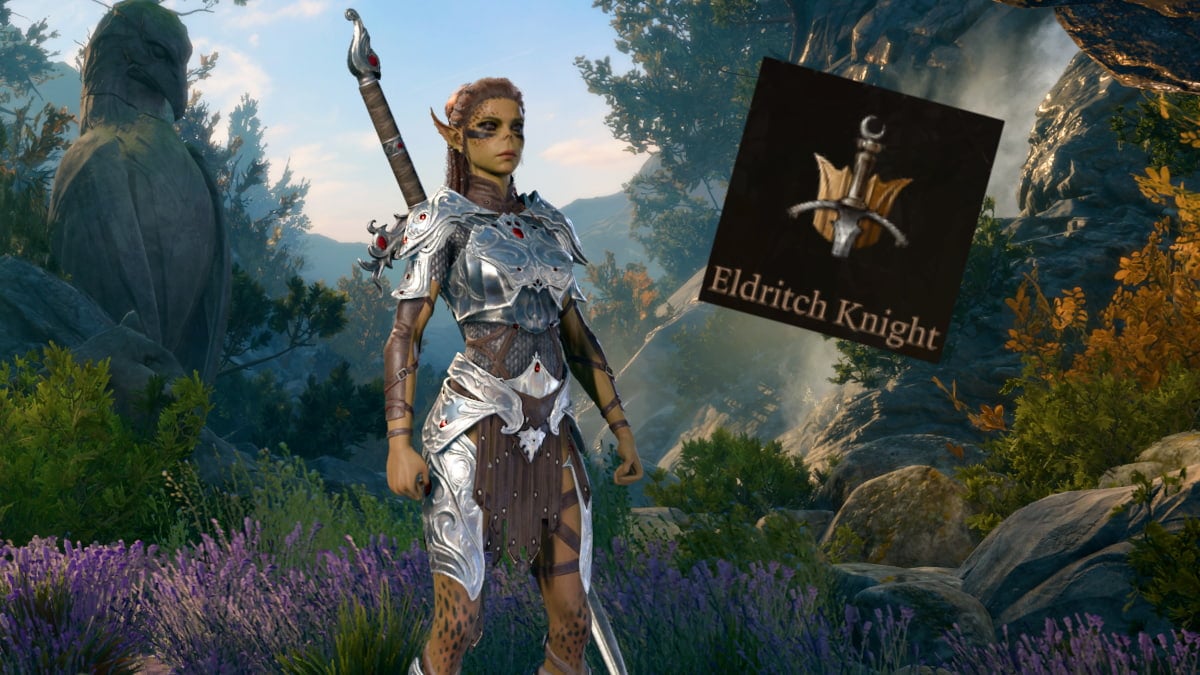



Published: Aug 16, 2023 12:03 pm